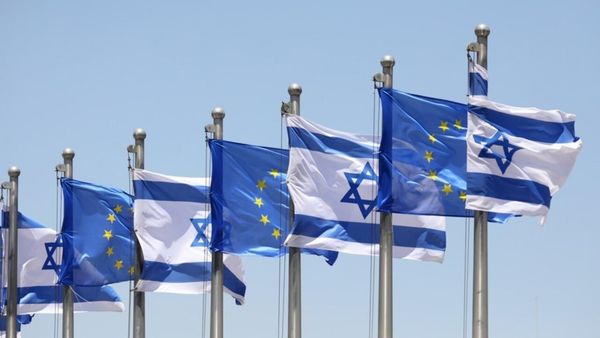Merseyside Police received 83 reports of 'spiking' in just two months, it has been revealed.
There was also a drastic increase in reports of 'spiking via injection' in this time.
The news follows a boycott of Liverpool bars and clubs in a bid to encourage venues to improve safety measures for women.
READ MORE: Liverpool clubs boycotted over spiking incidents
The figures, released in response to a Freedom of Information request by The ECHO, showed that between Sep 1 - Oct 31 Merseyside Police received 49 reports of drink spiking.
Out of these reports 15 were in September and 36 were in October.
The force also received 34 reports of 'spiking via injection' in October alone.
This represents a drastic increase as in the previous two years, Merseyside Police had only received three reports of injection spiking (one in Dec 2019, one in Feb 2020 and one in June 2021.)
On October 26, there was a night long boycott of Liverpool's clubs following reports of an increase of spiking incidents
BaaBaa venue on Fleet street closed for the night in solidarity with protesters calling for an improvement of safety measures.
A spokesperson for Merseyside Police said: "We have been working closely with a host of partners across the city including Liverpool City Council; Public Health; licensees; licensing; the three universities and LIPA to make sure that we have a public health approach to tackle the issue of spiking.
"Together we have a vested interest in ensuring that we keep people safe in the city centre; empowering visitors to the city by helping them access safety advice available and providing help and support to potential victims of this type crime."
Speaking in October, Merseyside Police Superintendent Diane Pownall said: “We know [spiking] is not something that we can tackle alone and as such we are working with partners including public health, local authorities, the universities and licensed premises to tackle the issue head on and offer reassurance.
“The setting up of a dedicated investigation team is in addition to Operation Empower, which was introduced in April, and is our proactive policing response to preventing sexual violence.
“We deploy additional officers, in key locations on busy nights or at important events, who are tasked with identifying potential perpetrators who are displaying signs of predatory behaviour such as loitering without good reason, or giving or approaching females with unwanted attention.
“Bystander training has also been given to licensed premises and other partners to help members of staff identify individuals and officers are also asked to be aware of anyone who may present as vulnerable and consider any immediate safeguarding concerns.
“I would encourage anyone with any concerns to seek assistance from bar and door staff or speak to our uniformed officers on the streets who can offer immediate assistance.”







